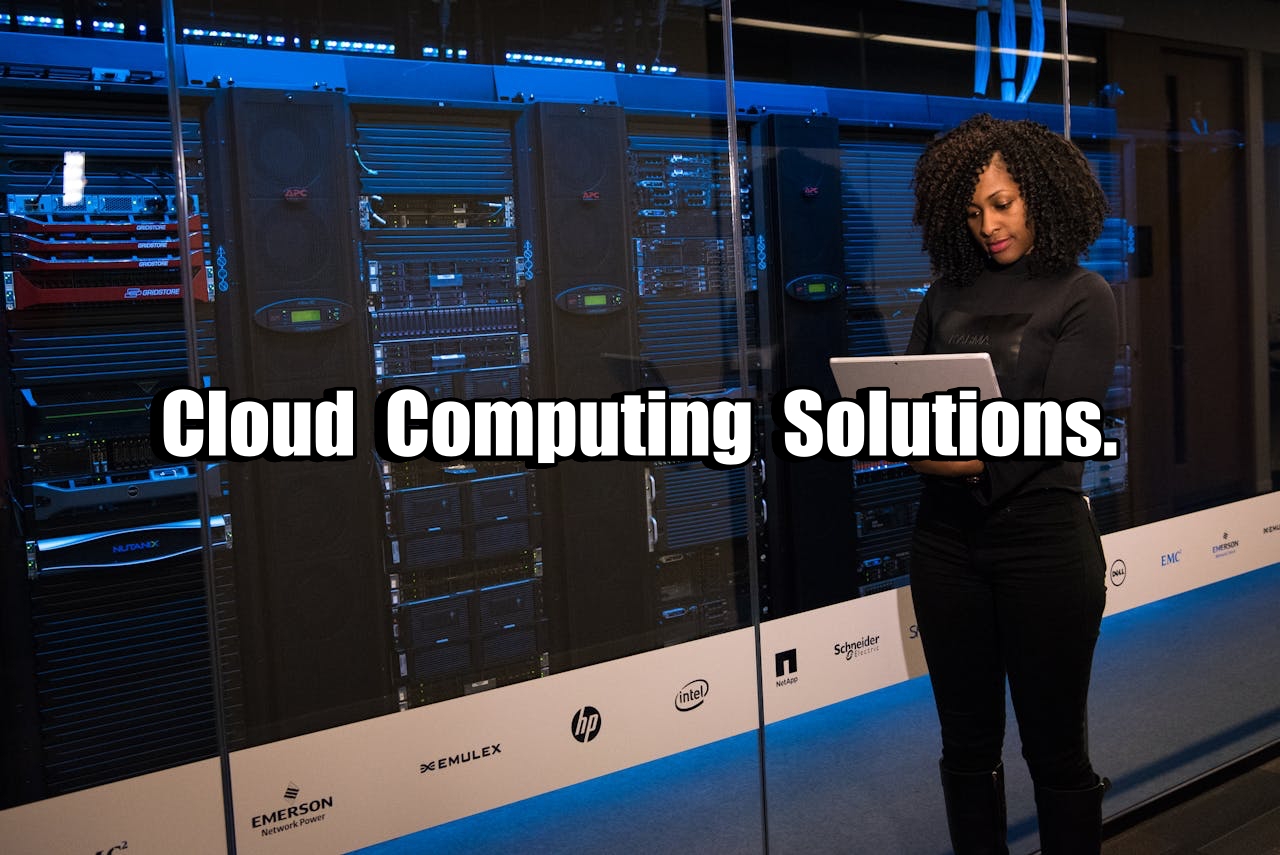Skip to content
Cloud Computing Solutions: Which One Is Best for You?
In today’s fast-paced digital world, cloud computing isn’t just a trend—it’s the backbone of modern business operations. Whether you’re a startup, a growing company, or an enterprise-level organization, choosing the right cloud computing solution can drive innovation, increase flexibility, and reduce operational costs. But with so many options, how do you know which one is best for you?
Let’s break it down.
☁️ What Is Cloud Computing?
Cloud computing allows users to access data, software, and services over the internet instead of relying solely on local infrastructure. It enables on-demand scalability, greater collaboration, and seamless integration.
🧩 Types of Cloud Solutions
1. Public Cloud
Examples: AWS, Microsoft Azure, Google Cloud Platform
Public cloud services are hosted by third-party providers. They’re ideal for companies that want to scale fast, avoid upfront infrastructure costs, and pay only for what they use. Perfect for startups and businesses needing quick deployment.
Pros:
-
Cost-effective
-
Scalable
-
Easy to implement
Cons:
-
Shared environment
-
Potential compliance/security concerns
2. Private Cloud
Hosted on-premise or by a third party for exclusive use
Private clouds are better for organizations with strict data privacy regulations or unique infrastructure needs. While more costly, they offer enhanced security and control.
Pros:
-
Greater control and security
-
Customizable
-
Compliance-friendly
Cons:
-
Higher upfront costs
-
Requires in-house management
3. Hybrid Cloud
Mix of public and private cloud
A hybrid cloud gives you the best of both worlds. Sensitive data can stay secure in the private cloud, while less critical operations benefit from the scalability of the public cloud.
Pros:
-
Flexible and customizable
-
Improved business continuity
-
Balances security and cost
Cons:
-
Complex to manage
-
Requires careful integration
🧠 Key Factors to Consider
When choosing a cloud solution, think about:
-
Business size and growth plans
-
Budget and resource availability
-
Security and compliance requirements
-
IT capabilities
-
Software and workload compatibility
✅ Choosing the Best Fit for You
-
Startups & Small Businesses: Public cloud (e.g., AWS, Azure) offers affordability and scalability without heavy IT overhead.
-
Mid-Sized Companies: Hybrid solutions balance performance, cost, and security as you scale.
-
Enterprises & Regulated Industries: Private or hybrid clouds provide the control and compliance you need.
🔄 Final Thoughts
There’s no one-size-fits-all when it comes to cloud computing. The best solution is the one that aligns with your goals, workload needs, and resource capabilities. As your business evolves, so can your cloud strategy.
Need help mapping out your cloud journey? Consulting with a cloud expert can save time, reduce risk, and ensure you make the most of your investment.

No responses yet